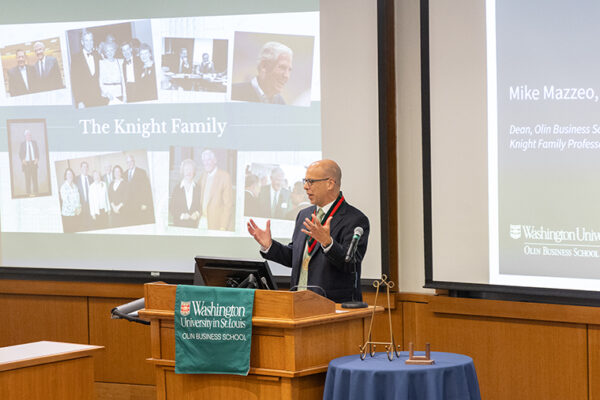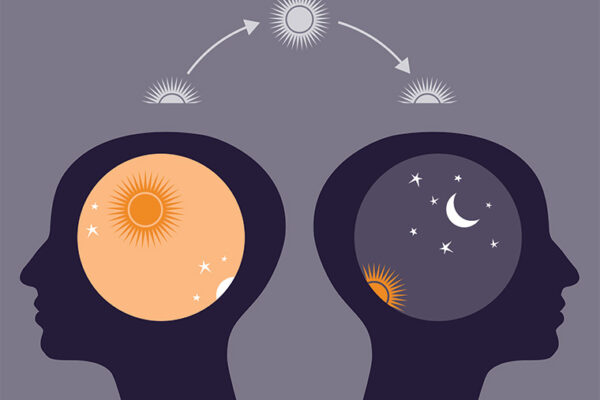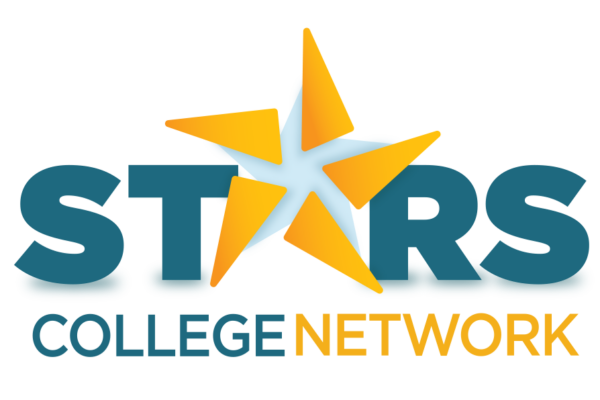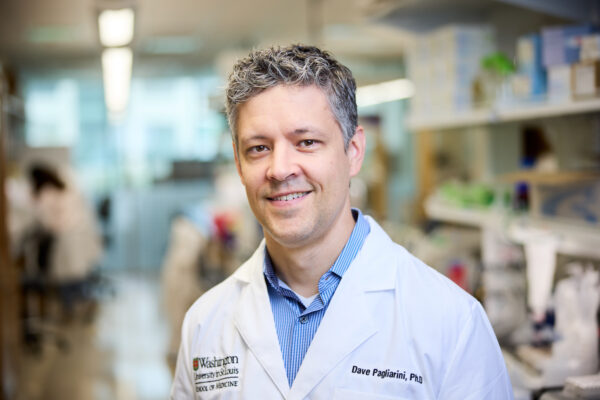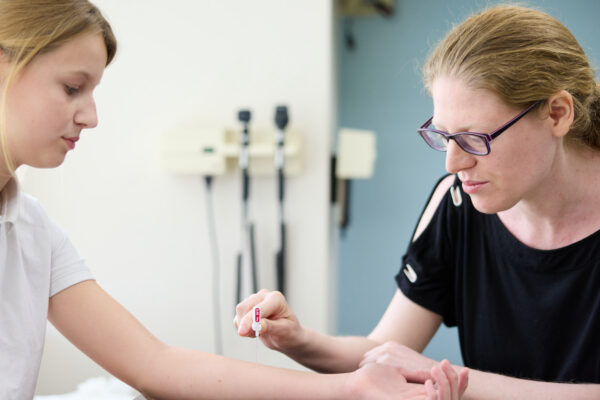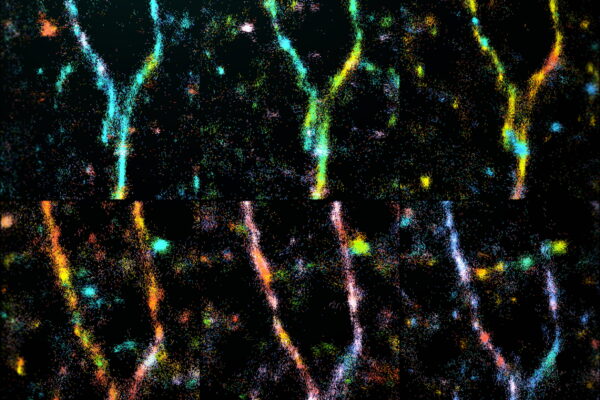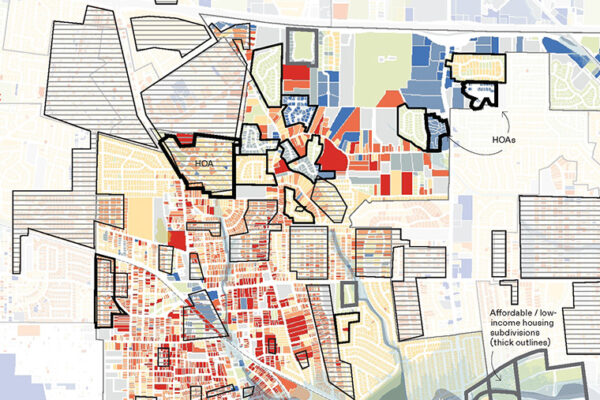Mazzeo installed as inaugural Knight Family Professor
Mike Mazzeo, dean of Olin Business School at Washington University in St. Louis, has been installed as the inaugural Knight Family Professor. The endowed position was made possible by the Knight family, longtime ardent supporters of the Olin, WashU and St. Louis communities.
WashU researchers quantify solar absorption by black carbon in fire clouds
Aerosol scientists at Washington University have quantified the extent of light absorption by black carbon in fire clouds to better model climate impacts of extreme wildfire events.
Daily rhythms depend on receptor density in biological clock
Tweaking the numbers of receptors in a key brain area changes the daily rhythms of rest and wake in mice, according to research led by Daniel Granados-Fuentes in Arts & Sciences, published in the Proceedings of the National Academy of Sciences.
McBride leads Center for the Study of Race, Ethnicity & Equity
Dwight A. McBride, the Gerald Early Distinguished Professor in Arts & Sciences and a senior advisor to the chancellor, is the new executive director of the Center for the Study of Race, Ethnicity & Equity.
STARS College Network expands
The STARS College Network, which partners with top colleges to help students from small towns and rural communities enroll in, succeed at and graduate from the undergraduate program of their choice, is doubling its membership to include 32 of the nation’s universities. WashU, a founding STARS member, is recruiting and enrolling more rural students since it joined the network last year.
Pagliarini named HHMI Investigator
David Pagliarini, at Washington University School of Medicine in St. Louis, has been named a Howard Hughes Medical Institute Investigator. He will receive approximately $11 million in funding over seven years in support of research on mitochondria.
Can we predict who will develop migraine headaches?
Washington University School of Medicine scientist Hadas Nahman-Averbuch has received two grants totaling $6 million to investigate the risk factors for developing migraine headaches in adolescents.
WashU researchers shine light on amyloid architecture
Researchers at Washington University in St. Louis have used microscopy to chart amyloid beta’s underlying structure and yield insight into neurodegenerative disease.
The infrastructure of fragmentation
In “Radical Atlas of Ferguson USA,” Patty Heyda charts the forces that have shaped Ferguson and other first-ring American suburbs since the early 1980s. Tax incentives, housing codes, roadways, policing, philanthropy, even landscaping — all can work against the fundamental betterment of residents’ lives.
High stress during pregnancy linked to elevated cortisol in toddlers’ hair, study finds
A study conducted by Theresa Gildner, an assistant professor of biological anthropology in Arts & Sciences, suggests that prenatal depression can having a lasting impact on the mother’s child, influencing how he or she responds to stress.
View More Stories
